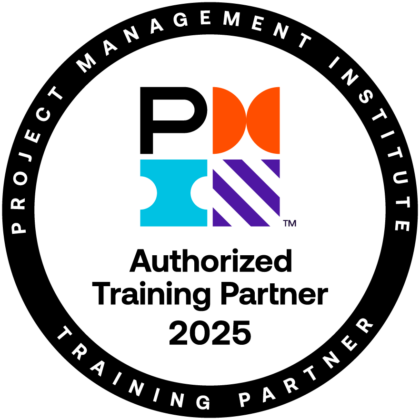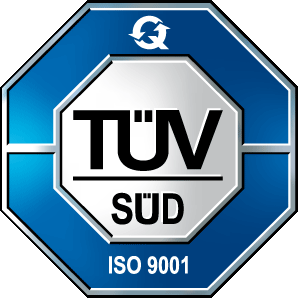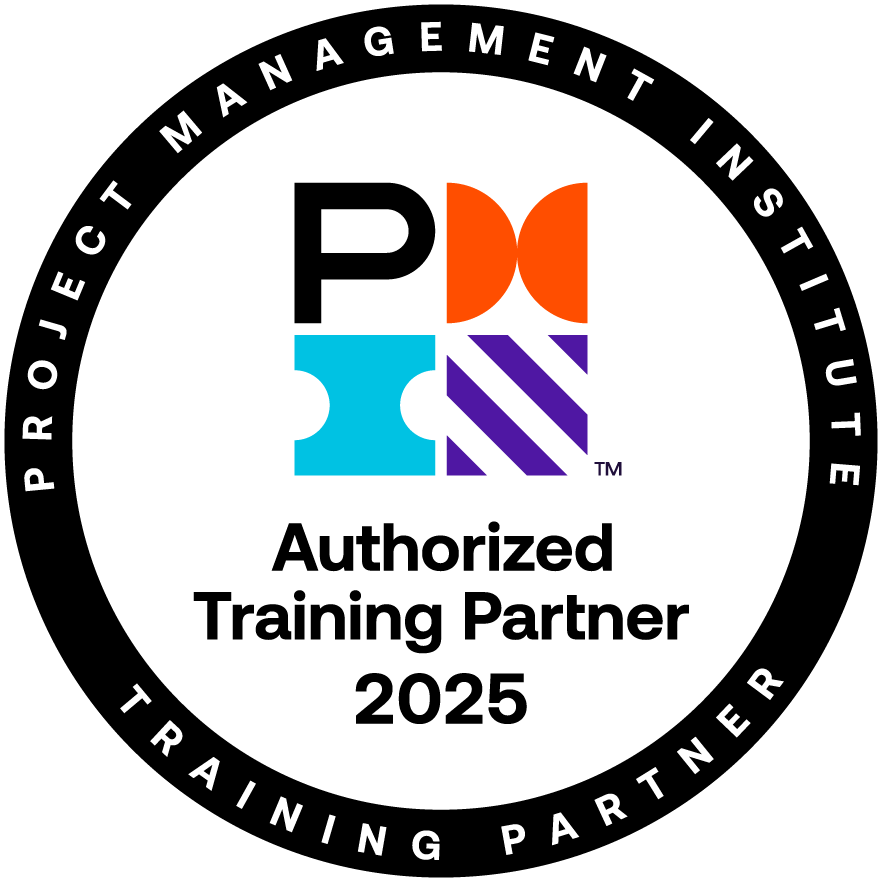Main training objectives
- Preparation for effective identification and approval of requirements project to precisely define its scope and meet stakeholder expectations.
- Thorough practicing the process of creating a work breakdown structure (WBS) and discussing the results with the leader and the group.
- Strengthening competences in the field estimating the duration of tasks and creating and analyzing the schedule project, which allows avoid delays.
- Presentation of methods cost estimation and budgeting project that help you plan effectively and control expenses.
- Familiarization with tools to measure the degree of project implementation.
- Conducting a project simulation with an emphasis on scope, schedule and cost planning and managing changes in this area.
This training is recommended for
- Project managers who want to systematize knowledge.
- Management staff supervising projects.
- Beginning project managers.
- Members of project teams.
- Candidates to obtain PMP®/CAPM® certification.
Training program
Day 1
- Team project planning
- Defining and approving project requirements – rules and tools
- Project scope planning based on stakeholder requirements
- Project scope declaration
- Building a Work Breakdown Structure (WBS)
- Types of WBS, WBS dictionary, work package
- Defining activities in the project
- Techniques for estimating the duration and costs of activities
- Creating a project schedule – trends and practices
- Network diagrams, Gantt chart and milestones
Day 2
- Budgeting techniques for the project and its individual phases
- Planning project schedule and financial reserves
- Time estimation and task synchronization – critical path technique
- Rolling planning, reserve analysis, PERT method, KANBAN board
- Project implementation indicators – earned value assessment
- Change management – deviations in the cost estimate and schedule
- Completion of the project in terms of scope, schedule and costs
Participants after completing the training:
- They can clarify the scope of the project, to dprovide a product that exactly meets your needs stakeholders.
- They have tools to accurately determine the duration of tasks i can minimize the risk of delays on the schedule.
- They know budgeting and expense control techniques and they know how manage changes in the area of costs.
- They own training completion certificate with an accredited PMI® partner.
Scope, Schedule and Cost Management training also includes II module of the PMP® Academy – copyright a program that thoroughly prepares you for the role of an effective project manager. Join the Academy if you want to learn to use the best global practices. You will learn more about the Academy here.






